The curious case of Dr Webberley Part 2:
I have been asked to provide a comment on the current ongoing case of the GMC v Dr H Webberley. The Tribunal hearing is being held at the Medical Practitioners Tribunal Service (MPTS).
Firstly, this blog is an opinion on matters as they proceed, and I have no part in the case. I am merely viewing aspects from the outside, like many others. I am preparing this in a non-professional capacity, but I do have some experience in giving expert evidence at tribunal over many years.
I am getting updates from ‘live Tweets’ from the hearing provided by the Tribunal service and will see if I can get a press update as well.
In this case, and current tribunal hearing, Dr Webberley (Dr W) is accused of practising medicine outside the rules and regulations of the General Medical Council (GMC) during the period March -November 2016, A failure to hold a proper safeguarding policy, and (2018) a failure to be registered as a practice in Wales. But there is more to it than that.
Today’s update is from day 10 and is brought to you by the words of the day, Bespoke and Generic. It tuned out to be quite a strange day.
These words imply a difference. Bespoke, is something purpose made to suit circumstances. While Generic is something that is more general, covering a wider range, something that is suitable but not necessarily the best fit.
You will recall, we are at the early stages of this hearing, and the two Seconds in the red and blue corners of our ring are Counsels for the Prosecution, SJ and the defence IS. Remember this, as it will be important later.
Today’s session continues on from yesterdays ‘reading day’ where the parties, mainly the defence team, were given time to read and digest information the prosecution team should perhaps have presented long before now.
The system works with witnesses being called to give evidence to decide on the detail for the second and more formal stage of this hearing.
This hearing, whilst not seemingly being widely reported in the mainstream media, is being watched keenly by the trans community, practitioner’s, and legal advisers as well as anyone else who is able to tune in via tweets and comments to the feeds being put out. The point is, that my comments to follow are not unique and similar to many others more learned than me.
Back to our stars for the day, Bespoke and Generic.
We have discovered so far that Dr W has tried to become registered by the Wales Health Board (HIW), which is good but has been reported on and to the GMC as well as there being a CQC (Care Quality Commission) report about her and her practice, which is bad.
As such the GMC decided to hold an ‘inquiry’ about Dr W whilst the HIW decided to ‘Review’ her application for registration. At some point, and it is not clear when the ‘inquiry’ became an ‘investigation’. That is more serious.
The examination of the witnesses showed they were also unclear about when the inquiry became an investigation, which isn’t that helpful.
The issue here is that to hold the reviews, enquiries and investigations, a degree of specialist knowledge and suitable practitioners are needed.
As we have already discovered, there are few of these around, if any. Indeed, it seems Dr W may have a greater knowledge and experience in this specialist area, than those, reviewing, inquiring, or investigating her.
As such, this has led to a bit of a dilemma.
What have we found out?
Well, and this should be serious, but it’s a bit of a fiasco really. There is a colossal amount of disorganisation over the instigation and running of the inquiries, investigations, and reviews.
There is no coordination or agreement about what questions should be asked of Dr W, where these questions come from and why they should be asked.
The witnesses state that some questions and protocols are generic but may not be wholly suitable and that other arrangements, meetings and procedures are bespoke, reflecting the nature of the case into Dr W at that time.
On cross-examination, it has been established that generic questions were taken from a CQC report and protocol that should have been used as it didn’t apply and that a bespoke arrangement wasn’t that good either, as they couldn’t decide what bespoke was.
There is doubt over the level of experience and suitability of some of those on the panels to ask the questions, once they had decided what those were.
There is a total muddle as to how these investigations and inquiries were run and managed. We had situations where meetings were thought to be bespoke but using generic questions and generic meetings using bespoke questions.
Another aspect is the muddled arrangements surrounding her application for registration to the HIW.
What has been discovered is how controlled this process is and how affected it is by procedure and individual whim or mood of panel members.
In town planning (which is something I know about) if you build a structure that needed consent and get ‘found out’ because you didn’t get consent, you have to apply for retrospective consent. In a way, this is what Dr W tried to do for her practice with the HIW, and she suggests she tried to follow the correct channels for that. This is once the HIW had decided or let on what the correct channels were. It all seems a bit cloak and dagger.
In Planning, those responsible for making the decision have to view the ‘retrospective’ application on its own merits. They have to look at policy and decide if it is an acceptable application or not. They are not allowed to decide, that they do like it, but as it is retrospective, they won’t grant it because you were naughty and didn’t tell them when you should have.
It seems, in medical registration applications, to run a practice, affecting the lives of patients, dispense medicine and the career of one or more doctors, they can do just that. It looks like the HIW decided they might have given approval of the application, (once they had agreed it was the right one), but didn’t, because Dr W annoyed them by continuing to treat patients in her care.
They also decided, to rely on the contents of a report that was outside the scope of the application and refuse her application on the back of that. This is putting lives at risk.
To question or not to question.
Being Counsel for a client does sometimes mean a little bit of (creative) management of proceedings, as far as a tribunal or judge may allow.
SJ has called for the tribunal to be paused ‘for a break’ on a number of occasions thus far. He says because his witness has been in the stand for x or y amount of time, or there are matters to consider or documents to review etc. This usually occurs when his witness, being questioned (cross-examined) by IS may be struggling with responses to the line of questioning or maybe about to give a response that, let’s say, ‘could let the side down.
What often happens is, that after the pause. Break or adjournment, that question is forgotten, and the matter moves on. How ‘forgotten’ remains to be seen. It may re-emerge at another time. Counsel are not daft creatures and will be fully aware of the question missed or dodged. It is highly likely the same tactic will be employed by IS when SJ gets his turn to question defence witnesses including Dr W.
Just how bad is it?
The specialist witnesses have been questioned by SJ and IS, to establish facts and fined weaknesses. This has happened, mainly as would be expected but not always.
One aspect that has become apparent, as I have alluded to before, is the general disarray of the investigations, reviews and inspections that have occurred. This along with the mind games and internal gatekeeping tactics of those at the Tavi and elsewhere.
It was becoming clear at the end of day 10, that organization and communication inside these bodies were really quite bad.
On one occasion, Dr W was given about 2 days’ notice of one hearing and no notice of what would be discussed at the hearing.
They ‘thought she would know’ and that 48 hours ‘was enough time’. In my planning analogy, if an application goes to Committee, proper notice has to be given and the matter properly and openly discussed. In the medical world, it appears Committees can happen on an ad-hoc basis with little or no notice and information.
Remember SJ is questioning on behalf of the prosecution in this case. It became clear in his line of questions to his own witnesses, that they were revealing some quite astonishingly poor organization and disarray.
What is not certain is why. Was this to make it look not as bad as it really was, or to try and show this disarray to justify their own need for the ongoing investigation and regulation of Dr W was vital because the system was/is so poor?
Are there other things being covered up?
We will see.
It is not just me who thinks these things. Many are bemused by the discoveries thus far and just how poorly managed the whole system is.
The level of control, spite, and lack of coordination and/or agreement is incredible.
We are only on day 10.
Dr W will be given her time at the stand, and we will see her views and opinions. SJ may well find holes in her arguments that may have a bearing on how this moves forward.
As we move into week 3 (Day 11) we will see
To be continued
Authored by Nicola Rose @Nicola2019





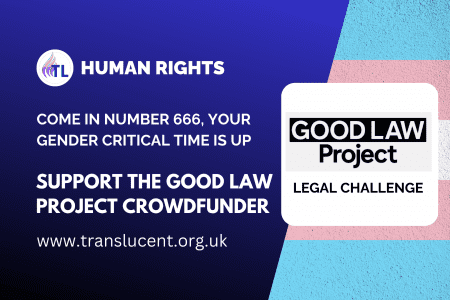
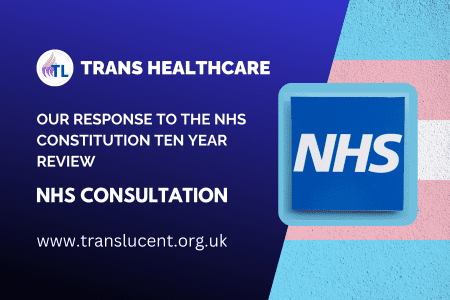
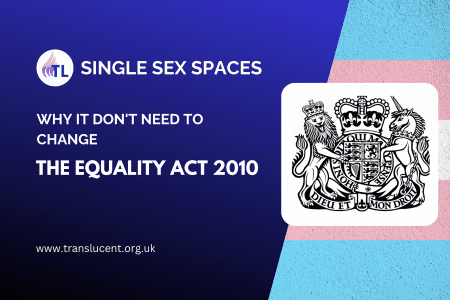

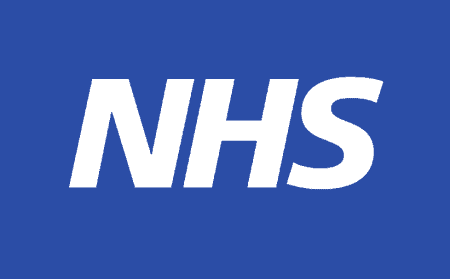
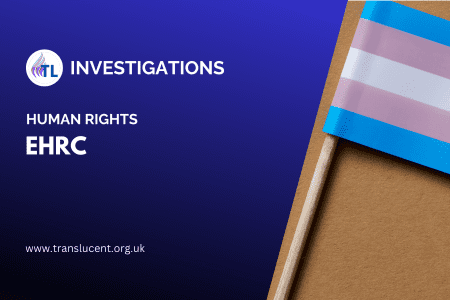
 To provide the best experiences, we use technologies like cookies to store and/or access device information. Consenting to these technologies will allow us to process data such as browsing behaviour or unique IDs on this site. Not consenting or withdrawing consent, may adversely affect certain features and functions.
To provide the best experiences, we use technologies like cookies to store and/or access device information. Consenting to these technologies will allow us to process data such as browsing behaviour or unique IDs on this site. Not consenting or withdrawing consent, may adversely affect certain features and functions.